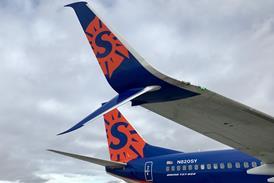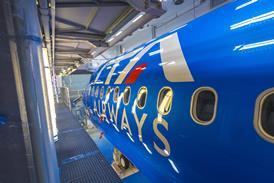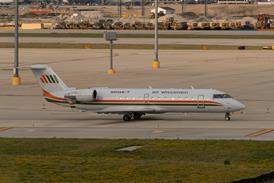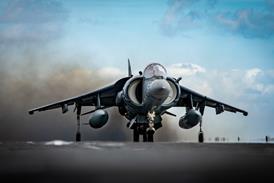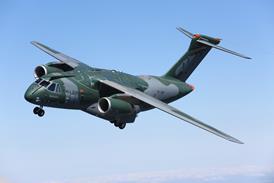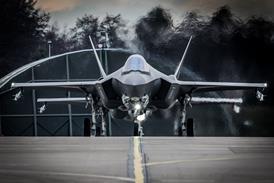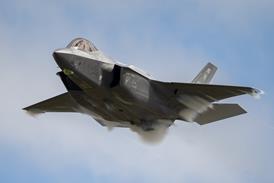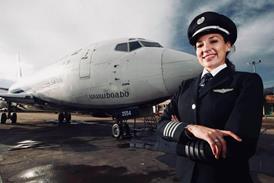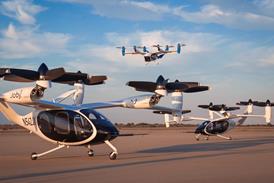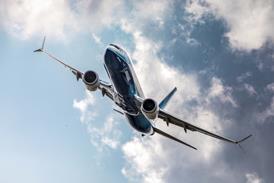Despite the negative impact of the coronavirus outbreak across various segments of the aviation industry, there are pockets of growth opportunities, such as digital solutions and research and development.
Consultancy firm Frost & Sullivan, in its latest analysis report of the global commercial aircraft market, also notes that amid the backdrop of disruption from the pandemic, “some aerospace companies, especially suppliers, will be positioned to experience extreme growth as some competitors may cease to exist”.
To this end, the report states that digitalisation is one possible growth opportunity. It calls on aerospace companies to invest in digital platforms “for every aspect of aircraft production as customers look for turnkey solutions”.
“Market players can leverage emerging digital technologies such as blockchain to help comply with regulator-mandated traceability requirements of many aerospace digital services,” the report adds.
As for the broader industry, the consultancy says there is a need to continue investing in research and development of other technologies, including additive manufacturing, robotics and artificial intelligence.
The report also outlines two sets of revenue forecasts for the aerospace industry. Under the conservative scenario, it states that the market will “witness a dramatic drop in revenues”, reaching about $149 billion this year. By 2025, this figure is expected to hit about $272 billion.
Taking a more optimistic outlook in which the industry rebounds at a faster pace, the consultancy estimates revenue to be around $412 billion by 2025, at a compound annual growth rate of 6.2%.
Says Frost & Sullivan’s aerospace and defence analyst Timothy Kuder: “2020 was going to be a year of reconfiguration that would not only affect Boeing because of its 737 Max grounding saga, but the whole industry…[It] has now turned into a year of survival.”
Frost & Sullivan also notes that the “premature and … overabundance of lease returns offer opportunities for OEMs, airlines, suppliers, and the aftermarket”, with Kuder adding that the pandemic will force the adjustment of the lessor structure of purchasing aircraft.

